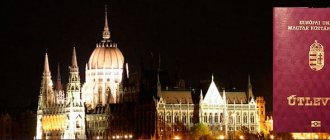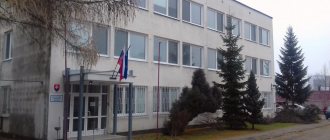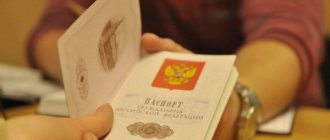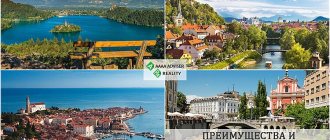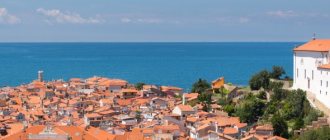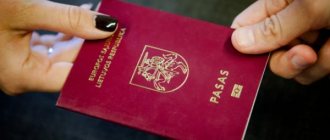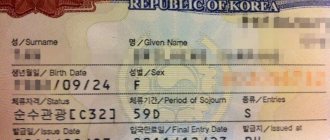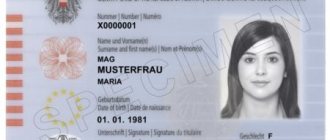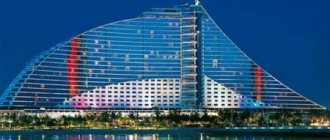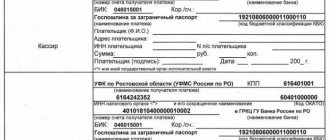BY REGISTRATION OF A COMPANY
Slovenia is one of the richest states of the former socialist camp, which has become a magnet for investors from all over the planet. Famous for its hot springs, Slovenia is located in the center of Europe. Mild climatic conditions, wild nature, mountain and coastal landscapes contribute to the fact that people from all over the world choose this country to live and work. The program for obtaining a residence permit in Slovenia is the most stable and clear opportunity to obtain a residence permit in Europe.
COST OF OBTAINING A RESIDENCE PERMIT IN SLOVENIA:
Cost – €10,000
This service includes:
- company registration*
- obtaining a residence permit for all family members**
*For Company Registration, it is necessary to deposit the authorized capital of at least €7.5 thousand. The authorized capital can be contributed in three ways:
- depositing funds into a bank account. The service of assistance in opening an account for depositing the Authorized Capital is included in the price;
- contribution of property acquired in Slovenia. The service includes an official valuation of the property contributed to the company.
- contribution of purchased government bonds of Slovenia. The service includes assistance in opening a special account with a broker to purchase these bonds.
**To apply for a residence permit, your company must fulfill one of the conditions:
- make an investment of at least €50 thousand in fixed assets
- show a turnover of €10 thousand within six months
MONTHLY COSTS OF RESIDENCE PERMIT IN SLOVENIA:
- €432 – salary tax and social contributions
- €120 – accountant
- €80 – legal address
- €1200 – registration if you don’t have your own
TIMELINES FOR OBTAINING A RESIDENCE PERMIT IN SLOVENIA:
- Company registration – 10 days
- Preparation of documents for residence permit - 60 days
- Obtaining a residence permit after submitting documents to the Consulate - 30 days
DOCUMENTS FOR OBTAINING A RESIDENCE PERMIT IN SLOVENIA:
- photocopy of international passport;
- certificate of no criminal record;
- color photo 3.5x4.5 cm.
PROS AND CONS OF OBTAINING A RESIDENCE PERMIT IN SLOVENIA:
A residence permit in Slovenia on the basis of employment in one’s own company has a number of disadvantages and, in turn, opens up new opportunities and prospects for the migrant.
Disadvantages of a residence permit in Slovenia
The disadvantages of a residence permit in Slovenia include the following facts:
- The initial residence permit is valid for one year. Then it is extended first for a similar period, and subsequently for 2 years.
- To obtain a residence permit, your company must continue to fulfill one of the conditions: have fixed assets worth at least 50 thousand euros or a turnover of at least 60 thousand euros over the last 6 months.
- Russians can only purchase real estate under a legal entity.
- There is no opportunity to work in government agencies.
- If the move is carried out on a business visa, then for the first 2 years you have the opportunity to work only at your own enterprise.
- It is extremely difficult to get a hired job without knowing the local language.
- In accordance with the new legislation, since 2015, foreigners who arrived on a work visa or business immigration can reunite with their family only after one year.
Advantages of a residence permit in Slovenia
A Slovenian residence permit expands the horizons of possibilities, which, of course, covers all the existing disadvantages. Having a residence permit in Slovenia provides a foreigner with:
- Opportunity to apply for permanent residence status and Slovenian citizenship
- The right to travel to Schengen countries without visas
- Opportunity to open an account in a reliable bank
- Opportunity to work in Europe;
- Opportunity to do business in a stable zone of the European Union
- Social protection in the form of social benefits, allowances and payments
- Access to quality medical services at the European level
- Possibility of free education for children
- Feeling safe thanks to low crime rates
- The opportunity to live in an impeccable ecological environment and enjoy the Alps, the Adriatic coast, lakes and rich fauna;
- Foreigners have the same rights as Slovenes, with the exception of the ability to vote.
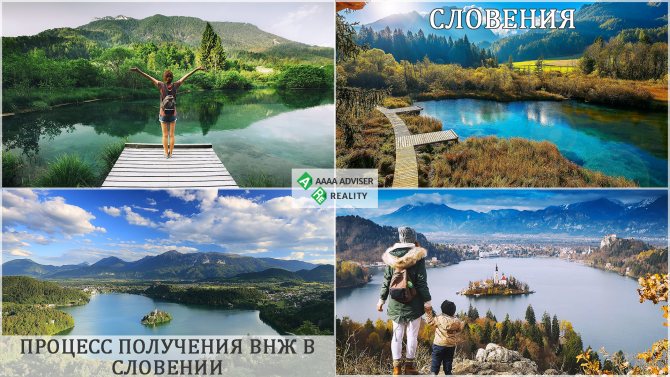
Slovenian citizenship - what you need to know
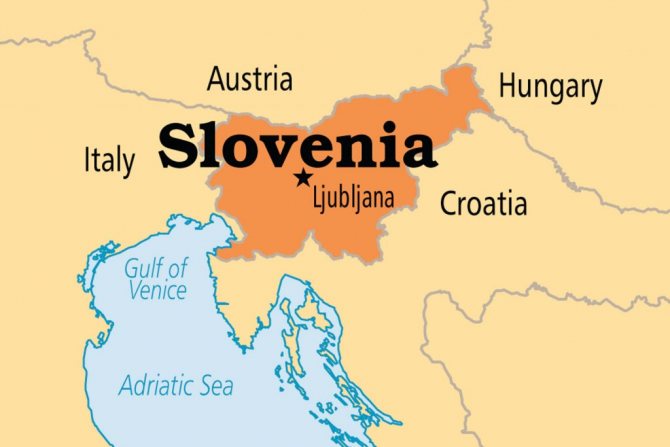
Before Slovenia gained independence, everyone who lived on its territory were officially citizens of Yugoslavia. However, there was “internal citizenship” in the republic, the presence of which in 1991 made it possible to automatically obtain a passport from independent Slovenia. Subsequently, it became possible to obtain citizenship only under the Citizenship Law.
PROCESS OF OBTAINING A RESIDENCE PERMIT IN SLOVENIA:
Despite the high standard of living, mild climate and other advantages of the country, Slovenia is currently little explored by our compatriots and therefore receives few residents of the post-Soviet space, however, the procedure for obtaining a Slovenian residence permit is relatively simple and transparent.
The first step is to register a company.
Any foreigner can register a company in Slovenia and work in it. The most optimal and economically safe option is considered to be a limited liability company (LLC), which in the local language has the abbreviation doo
The Slovenian market is relatively young, so many niches are not fully covered, which provides prospects for opening and developing your own company. Attractive segments include cargo transportation, rental of sports equipment, trade in electronic equipment, mobile phones and accessories.
- To register, the founders come to Slovenia. If one person arrives, then it is necessary to prepare a power of attorney from the remaining participants of the company. Each document must have a Slovenian court translation.
- Then a Slovenian Taxpayer Identification Number (TIN) is issued for each co-founder.
- Next comes the preparation and signing of primary documents on company registration with a Slovenian notary.
- Then an account is opened at the bank into which a minimum of seven and a half thousand euros is deposited. This amount will form the authorized capital, which can be spent exclusively on the needs of the company and the payment of wages.
- The enterprise is entered into the electronic register of economic entities in Slovenia. The registration procedure lasts from 5 to 15 days.
The second step is to obtain the right to obtain a Slovenian residence permit.
To obtain the right to obtain a residence permit during the business immigration process, after registering an enterprise, you must fulfill any of two conditions: purchase fixed assets (real and movable property, equipment, etc.) for the company in the monetary equivalent of at least 50 thousand euros, or have turnover of at least 60 thousand euros.
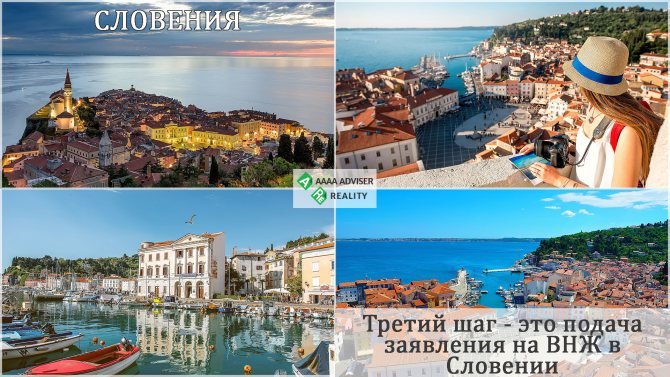
The third step is submitting an application for a residence permit.
After registering a company and fulfilling one of the conditions for actively conducting business, a package of documentation for a residence permit is submitted, which will require:
- address and name of the registered company in Slovenia;
- a certificate certified by a notary stating that there is no criminal record;
- Slovenian insurance; a copy of a valid passport;
- one photograph; the applicant's application form with his signature.
At this stage of business immigration, a package of documents is submitted to the Slovenian Consulate, and a fee is paid. The waiting period for a response on issuance is thirty days. Then, having received a plastic card, you need to register in two weeks, so it is advisable to register your residence address in Slovenia in advance, which can be obtained when renting housing under a contract or purchasing real estate.
Do not forget that after purchasing a residence permit, it must be renewed after a year. The renewal process is actually similar to the procedure for registering a residence permit: the same package of documents is provided as during the initial registration. If a citizen is on the territory of Slovenia, and the expiration date of the residence permit is approaching, then he should request an extension from the district administration at his place of residence.
Thus, after five years of residence on the basis of a residence permit, you can submit an application for permanent residence (permanent residence) in Slovenia and obtain an EU resident card. After which all doors will open to a foreigner.
Most Frequently Asked Questions and Answers:
How long does it take to obtain permanent residence in Slovenia?
Having issued a residence permit in the specified country, after five years you can apply for permanent residence.
How long does it take to obtain Slovenian citizenship?
Slovenian citizenship can be obtained after ten years of residence.
Is it possible to gain access to local medicine based on this type of Slovenian residence permit?
Yes, a resident of the country has the opportunity to contact local medical institutions.
As a resident of Slovenia, is it possible to obtain a residence permit for the whole family?
Yes, the holder of a residence permit has the right to issue cards for his wife, children and parents if they are over 65 years old.
Will I and my children have the right to education in Slovenia after receiving a residence permit?
Yes, by obtaining a residence permit in Slovenia
You can study at local educational institutions.
How long does it take to issue a residence permit in Slovenia?
The document is issued for one year, then it is renewed every year, after 5 years you can obtain permanent residence.
Is it possible not to stay in Slovenia after receiving a residence permit?
The minimum period of residence, which is established by law, is at least 180 days a year. However, absence due to official necessity is an exception and allows, if necessary, not to reside in the country.
Is it possible to move freely around the European Union with a Slovenian residence permit?
Yes, all holders of a residence permit of a given state have this opportunity.
Can I purchase real estate in Slovenia for myself as a private person after receiving a residence permit?
Russian citizens can purchase real estate in Slovenia only through their own company. Citizens of the European Union, the USA and the UK can purchase real estate in the country as a private person.
What are the requirements for obtaining permanent residence in Slovenia in the future?
The main thing is, of course, not to violate the laws of Slovenia and pay taxes regularly. Also, to apply for permanent residence status, you must extend your residence permit status without interruption.
What rights does a Slovenian residence permit holder not have?
The holder of a residence permit in Slovenia does not have the right to vote, participate in elections or work in government agencies. Also, the holder of such a residence permit will not be able to purchase real estate as an individual.
Why can a residence permit in Slovenia be denied?
Due to the incompleteness of the documents provided, the presence of a criminal record and the lack of grounds for obtaining a residence permit.
Conditions for obtaining Slovenian citizenship
Slovenian citizenship can be acquired by birth or by naturalization. The following have the right to a Slovenian passport by birth:
- persons born from two Slovenian citizens;
- those who were born in Slovenia to at least one citizen of the country;
- persons born abroad from one Slovenian parent, provided that the second parent has no citizenship at all, or the child is not automatically assigned any citizenship.
Thus, when assigning Slovenian citizenship by right of birth, the principle of blood, not soil, is used. People born on the territory of the state from two foreigners do not acquire the right to Slovenian citizenship.
Do you want to get EU citizenship in 12 months? Take the free test and find out your chances.
Foreigners can only purchase a Slovenian passport through naturalization. To do this, you need to arrive in Slovenia with a national visa category D. A Schengen visa and the right of visa-free entry available to Ukrainians, Moldovans and Georgians are not suitable in order to subsequently apply for Slovenian citizenship. A national visa can only be obtained from a Slovenian consulate outside the country. The following documents are required to be submitted to the consulate:
- Completed visa application form.
- Passport.
- Photos.
- Documents confirming that the applicant has grounds for obtaining a national visa of the country.
- Certificate of good conduct.
- A certificate from a medical institution confirming that the applicant does not have dangerous diseases. We are talking about diseases that are dangerous not for the patient himself, but for the people around him. Those who suffer from psychiatric illnesses, drug addiction, and contagious deadly diseases such as AIDS and tuberculosis will not be able to obtain a national visa.
- Documents confirming that the applicant has a place to live on Slovenian territory. This fact can be confirmed by a certificate of ownership of a residential property or a long-term rental agreement.
- Papers confirming that the visa applicant has the means to live in the country without applying for government assistance.
- The medical insurance policy is valid on the territory of the Slovenian state.
The list of required documents can be expanded. All papers must have a translation legalized in the established way. It is the absence of a criminal record and dangerous diseases, the presence of grounds for long-term stay in the country, housing and financial resources that are the conditions for obtaining the right to apply for Slovenian citizenship in the future.
Then you need to apply for a residence permit. A residence permit in Slovenia is a document identifying the owner and his right to long-term stay in the country, and in some cases, to work. It is issued for 1 year. If there are grounds, the document can be extended for 1 year, and then for 2 years.
After a residence permit, you can obtain permanent residence in Slovenia, which provides an unlimited right to stay in the country. You can apply for permanent residence no earlier than after 5 years of legal residence in the state. Permanent residence is a status in which the rights of an immigrant differ from the rights of a Slovenian only by non-participation in elections and the inability to hold positions in the public service. The permanent residence owner enjoys all the benefits and social guarantees in full, as if he were already a citizen. In fact, real citizenship is still at least 5 years away
